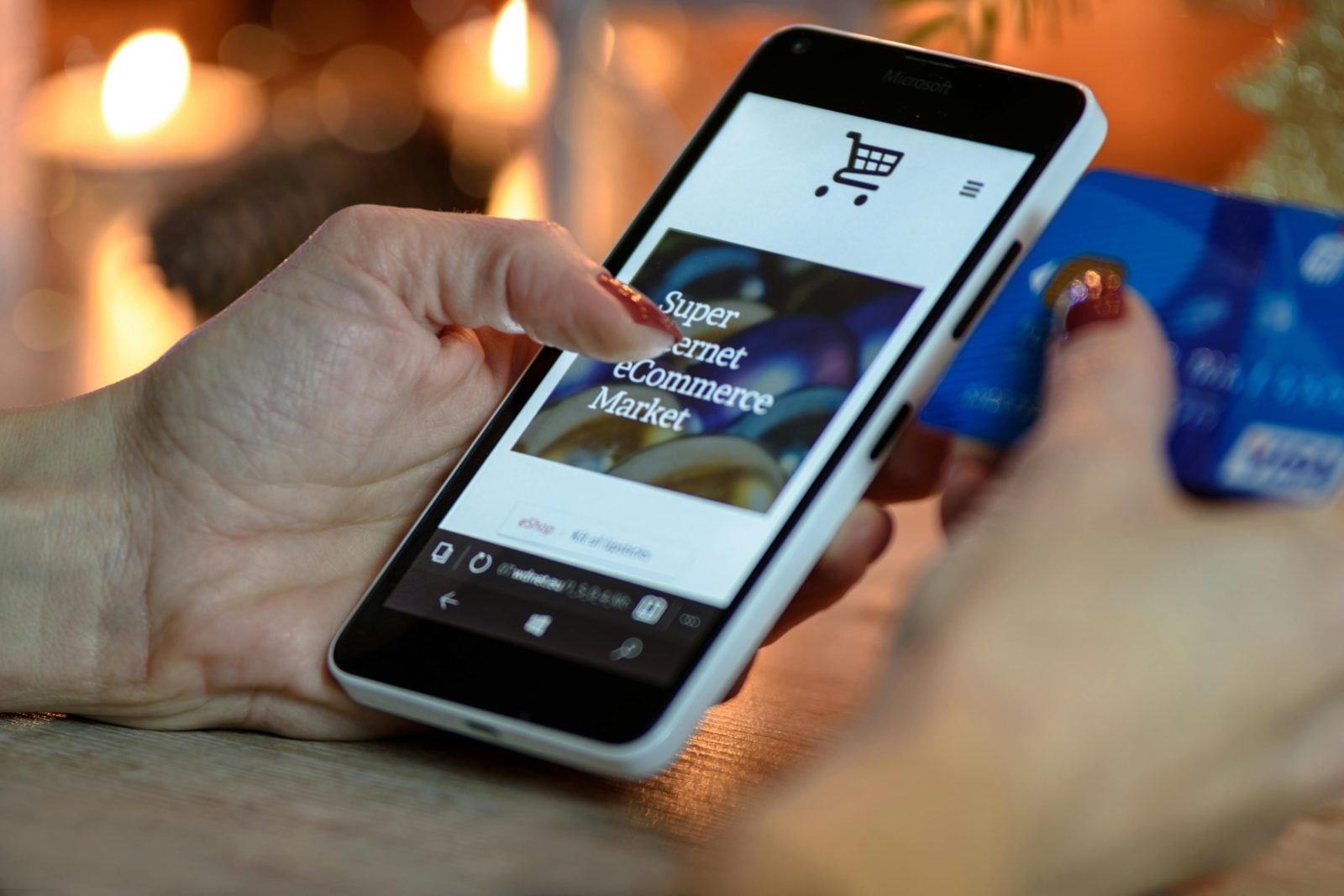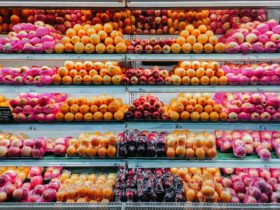When the mysterious illness, later known as COVID-19, first emerged in China five years ago, the idea of remote work and food delivery from online platforms seemed like a distant future. However, by the time the first lockdowns were announced in the Czech Republic, just three months later, these concepts quickly became everyday realities. What started as a temporary response to a global crisis has, in many cases, become a permanent shift in consumer behavior. Food delivery and remote work have now solidified their place as new standards in daily life.
While this year’s online retail sales in the Czech Republic won’t surpass the record-breaking figures of 2021, the pandemic undoubtedly accelerated the growth of e-commerce. Prior to COVID, Czech e-commerce sales totaled 155 billion CZK in 2019. Just two years later, during the height of the pandemic, those numbers jumped to 223 billion CZK. Although the following years saw a decline as the economy reopened, sales remained strong, with e-commerce generating 185 billion CZK in 2023.
“Covid-19 brought a sharp increase in online shopping and changed consumer habits for good. Czechs learned to buy everything from groceries to furniture online, and that shift has persisted,” said Jan Vetyška, Executive Director of the Czech E-commerce Association. “This year, we expect the entire e-commerce sector to grow by 5% year on year.”
One of the most notable shifts during the pandemic was the surge in the use of self-service parcel lockers, which, while already in use before the pandemic, saw explosive growth in the past four years. In 2021, only 1.5% of online shoppers used lockers as their primary delivery method. This year, that number has jumped to over 45%, according to Vetyška.
However, it’s not just shopping that has evolved. The pandemic also brought about a dramatic increase in food delivery services, as restaurants were forced to close their doors and people adapted to working from home. “The lockdowns significantly accelerated the launch of our delivery service, which we rolled out in a record time of just two weeks in 2020, six months ahead of our original schedule,” said Jakub Moško, CEO of Bolt Food.
Other companies, such as Foodora, also emerged, and many businesses transitioned to food delivery models, focusing entirely on takeaway services without physical spaces for customers. While demand fluctuated in the early months as restrictions ebbed and flowed, food delivery quickly became a permanent feature in the Czech consumer landscape. Today, Bolt Food operates in eleven cities, providing jobs to thousands of couriers.
While the pandemic brought growth in some sectors, it also had a negative impact on others. Traditional pubs, particularly in rural areas, struggled to survive. As people got used to gathering in garages or enjoying a can of beer in front of the TV, many social habits shifted permanently. Instead of going to the cinema, Czechs turned to streaming platforms like Netflix, while paper books were increasingly replaced by e-books and audiobooks.
Food delivery, especially, gained immense popularity during the pandemic, helping fuel the growth of online grocery platforms such as Rohlík.cz and Košík.cz. “The months of COVID-19 were a real test for us. Although we set new records nearly every day, when we look back now, those were just a small fraction of the orders we’re delivering daily,” said František Brož, spokesperson for Košík.cz, which saw its revenue surpass two billion CZK last year.
These lasting changes in Czech consumer habits highlight how the pandemic reshaped the way people shop, eat, and consume entertainment. While the crisis may have been a catalyst for these shifts, they appear to be here to stay, reshaping the economy for the long term.





